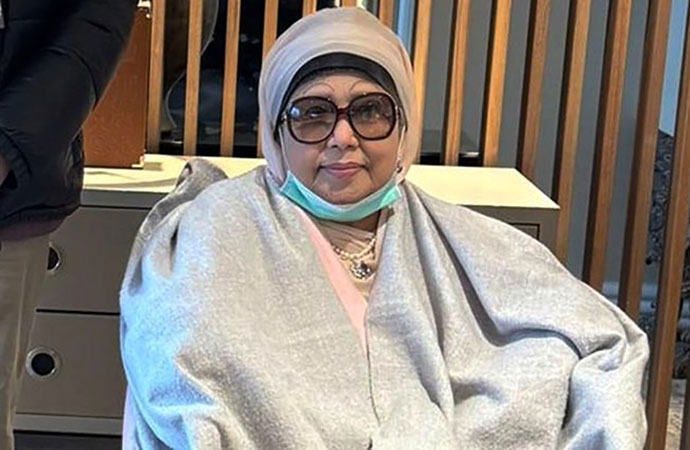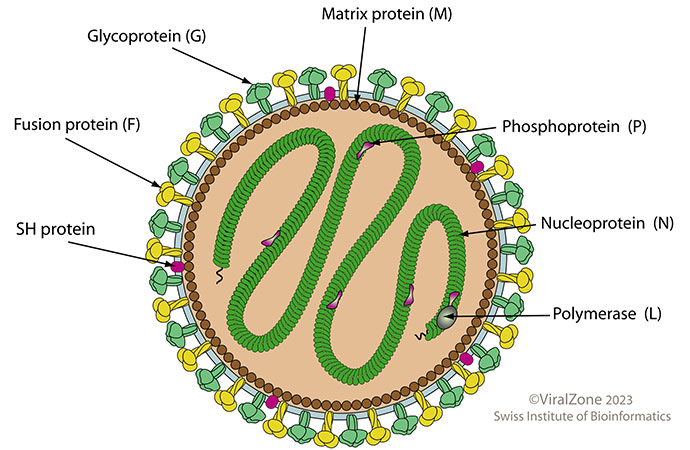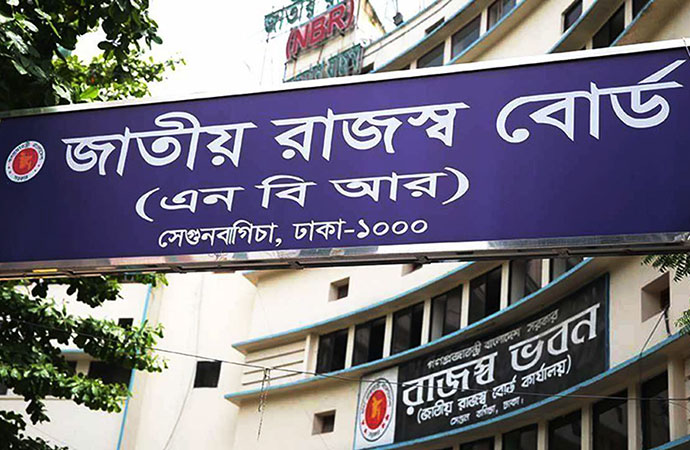Column

Former Prime Minister Khaleda Zia. Photo: Collected
In the aftermath of the dramatic political shift on August 5, 2024, where Sheikh Hasina's long-standing government fell and an interim government's takeover reshaped Bangladesh's political landscape, all eyes have turned to BNP Chairperson Begum Khaleda Zia. Her release from house arrest on August 6, following years of legal and health battles, marked not just her personal liberation but a turning point in Bangladesh's political narrative.
The release of Khaleda Zia was not merely an act of compassion; it was a calculated move amidst a backdrop of escalating political unrest. While the collapse of the Hasina regime initially dominated headlines, Khaleda Zia's re-emergence quickly captured national and international attention. Her release symbolised a broader shift in Bangladesh's political narrative, and her return to the public eye has reignited hope among her supporters while also sparking debates about the nation's future.
Reclaiming the Political Stage
The political landscape of Bangladesh underwent a seismic shift with the downfall of Sheikh Hasina's 15-year regime, which crumbled under allegations of human rights abuses, electoral manipulation, and the deaths of hundreds during protests. The student-led Anti-Discrimination Movement played a crucial role in these events, galvanising the masses and paving the way for Hasina's ouster.
Against this backdrop, Khaleda Zia's release has taken on profound significance. Her reentry into the political arena, albeit amidst ongoing health challenges, is seen by many as a potential revitalisation of the BNP. Her son, Tarique Rahman, who has been steering the party in her absence, faces his own legal battles, which have somewhat hindered his ability to lead effectively. Khaleda Zia's return to prominence offers an opportunity for the BNP to regroup and reposition itself as a formidable force in the country's shifting dynamics.
The interim government, currently led by Nobel laureate Muhammad Yunus, has prioritised electoral reforms and restoring trust in the democratic process. But with Khaleda Zia back in the spotlight, the BNP's role in shaping the future political discourse cannot be underestimated. Internationally, her stature may also help strengthen Bangladesh's diplomatic ties and attract global attention to the nation's evolving political scenario.
Khaleda Zia's Legacy
Born in 1945 in Dinajpur, Khaleda Zia has been a cornerstone of Bangladeshi politics for over four decades. Her political journey began following the tragic assassination of her husband, President Ziaur Rahman, in 1981. Thrust into the limelight, she rose to lead the Bangladesh Nationalist Party (BNP) during one of the country's most turbulent periods.
During the autocratic rule of Hussain Muhammad Ershad, Khaleda Zia emerged as an "uncompromising leader," advocating for democracy and human rights. Her leadership culminated in her becoming Bangladesh's first female prime minister in 1991.
Over three terms, she presided over a period of democratic transition and introduced reforms that left a lasting imprint on the nation. Her initiatives included making primary education compulsory and free, offering stipends to encourage girls' education, and significantly increasing the budget allocation for the education sector.
However, her political career has not been without controversy and hardship. In 2018, she was convicted in two high-profile cases, leading to a 17-year prison sentence. Her temporary release in 2020, conditional on her remaining in Dhaka and refraining from international travel, added to the complexities of her political and personal life.
Challenges Ahead
At 79, Khaleda Zia faces significant health challenges that could impact her ability to lead actively. Her medical conditions-including diabetes, arthritis, and complications involving her kidneys, lungs, heart, and eyes-necessitated a medical evacuation to London, facilitated by the Emir of Qatar. While her immediate focus is on recovery, her presence abroad could inadvertently boost the BNP's international standing.
Despite these obstacles, Khaleda Zia's resilience remains a defining aspect of her political persona. Her ability to navigate Bangladesh's turbulent political waters has earned her a loyal following and a place in the nation's history. Her journey from incarceration to international attention underscores her enduring significance in Bangladesh's political landscape.
As Bangladesh goes through this transformative period, Khaleda Zia's leadership and strategic moves will likely shape its democratic future. Her release has reignited debates about the balance of power, accountability, and the role of civil society in governance. The challenges ahead are manifold, including bridging political divides, addressing economic concerns, and ensuring that electoral reforms lead to genuine democracy.
For Khaleda Zia, this moment represents both a personal victory and a professional challenge. Whether she can leverage this opportunity to cement her legacy as a leader who reshaped Bangladesh's democratic trajectory remains to be seen. One thing, however, is certain: her story is far from over, and her influence on the nation's unfolding narrative is undeniable.
Mahfuzur Rahman is Editor of UNB.

























Leave a Comment
Recent Posts
Auspicious beginnings, but a l ...
The newly elected government of Bangladesh is now in office, and the e ...
Caught between tigers and pira ...
Over 10,000 fishermen in the Sundarbans have suspended their fishing a ...
Historic Chawk Bazar comes alive with iftar items on ..
Shaping Young Conservationists: School Conservation ..
Iran has said it has reached an understanding with t ..
New Finance Minister Amir Khosru Mahmud Chowdhury